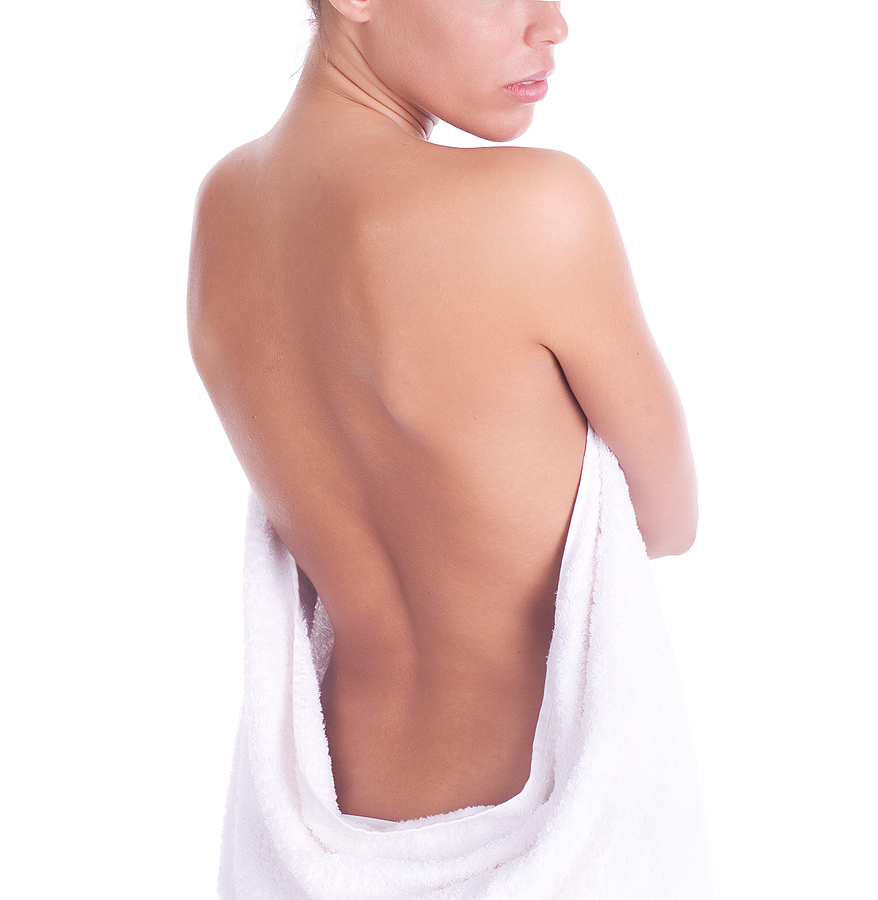The physical and mental health benefits of skin care
By Dr. Mariano Spiezia - MD, MCPP LFHom (Med)
Our skin is not only a nice layer to look at, but is a proper “organ”, with its own life and rules, physiology, chemistry and…psychology! It is intimately connected, via the blood and lymphatic vessels, with the internal organs, especially the liver, kidneys and immune system and in fact it often shows signs of inner imbalance.
 Little spots, rashes and dermatitis, yellowish patches, acne and acne rosacea, eczema, psoriasis, hives, are only little examples of the connection. Why? Simply because the skin is a mirror of what is going on inside and also because it acts as a detox organ along with the inner ones.
Little spots, rashes and dermatitis, yellowish patches, acne and acne rosacea, eczema, psoriasis, hives, are only little examples of the connection. Why? Simply because the skin is a mirror of what is going on inside and also because it acts as a detox organ along with the inner ones.
By sweating or via its sebaceous glands the skin releases toxins from the inside, participating in the internal cleansing system. This is one of the reasons why it is so important to keep the epidermis well cleansed and healthy, to allow it to do its job at its best.
An unhealthy body will lead to an unhealthy skin and vice versa.
Nutrients for healthy skin
If you consider that the skin, on average, weighs 10 kg in an adult and the outer layer is completely renewed every 28 days, you can understand how fast its turnover is and how vital it is to nourish and feed the skin both internally and externally with the right nutrients to keep it young, moisturised and healthy.
Something few people know is that the skin breathes, absorbing oxygen and releasing CO2. I like to call the skin “our external lung”. And again only by keeping the skin cleansed and in good health can it do this important job. When the skin is made toxic by using synthetic creams and cosmetics, full of man-made chemicals, preservatives and petroleum derivates (petrolatum) the result is that it is clogged and won’t be able “to breathe”. Synthetic products are often the main cause of an opaque and tired-looking skin, lacking in oxygen and vitality, with a tendency to lines and wrinkles.
The skin needs many nutrients to stay young and healthy such as ω-3, ω-6 called EFAs (Essential Fatty Acids, “essential” because the body cannot produce them itself and therefore they need to be introduced through the diet), Vitamins C & A, Silica, Sulphur, etc. and all of them come from a healthy diet with plenty of organic raw vegetables (they are richer in minerals, vitamins and antioxidants), organic cold-pressed vegetable oils (olive oil, sesame oil, sunflower oil, wheat germ oil, flax seed oil etc.), nuts, seed sprouts, fish. And water, water, water, the purest possible, to hydrate your body and to favour the metabolic exchanges and drain out the waste. Junk food, too much alcohol, coffee, cigarettes and lack of physical exercise, will slowly reduce oxygen and vitality levels, and the skin, together with the body, will suffer.
Skin care
What we put on our skin should reflect the same principle: skin products should nourish and feed our skin the same way that we nourish and feed our body with the best food possible. Therefore choose organic, possibly oil-based skin care as oil is very similar to the skin sebum hence more welcomed by the skin, with a high content of ω-3 and ω-6, β-carotene, chlorophyll and antioxidants.
Moreover I also have to underline the close link between our skin and our brain, meaning how our inner emotional state and our way of dealing with life and its challenges can affect the skin.
The skin itself, during our foetal life, comes from the same embryonic layer (ectoderm) as part of the brain and, because of this very close link, many of our emotions can be “somatised” on the skin. In the medical world we know that stress can aggravate skin complaints such as eczema.
On the other hand through the skin we can send positive messages to the brain in order to relax, produce endorphins and release tensions. This simple evidence can be seen with babies: massaging or cuddling them they receive a calming and positive input from the mother or father, giving them a feeling of reassurance and protection, and laying down memories which will be kept for all their life.
Therefore, in this manic life we are in, it is very good practice to invest part of our time taking care of our skin and our self having periodic massages, or reflexology, or all sort of therapies acting manually on the skin. The mind will relax, tension will disappear and our mood will be positively conditioned, as well as our self-esteem, helping us to see in a different, positive perspective our life and the world.
At the end of the day we are not what we appear, but “appearing well” can help a lot






